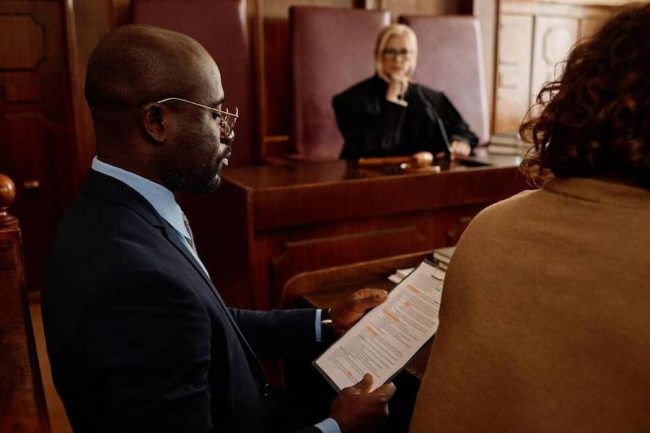Is the Public Appointments Act, 2011 a Tool for Parliamentary Gatekeeping or a Catalyst for Good Governance?
As the vetting of cabinet nominees begins, a growing number of Kenyans are taking a keen interest in public appointments, driven by a desire for good governance.










